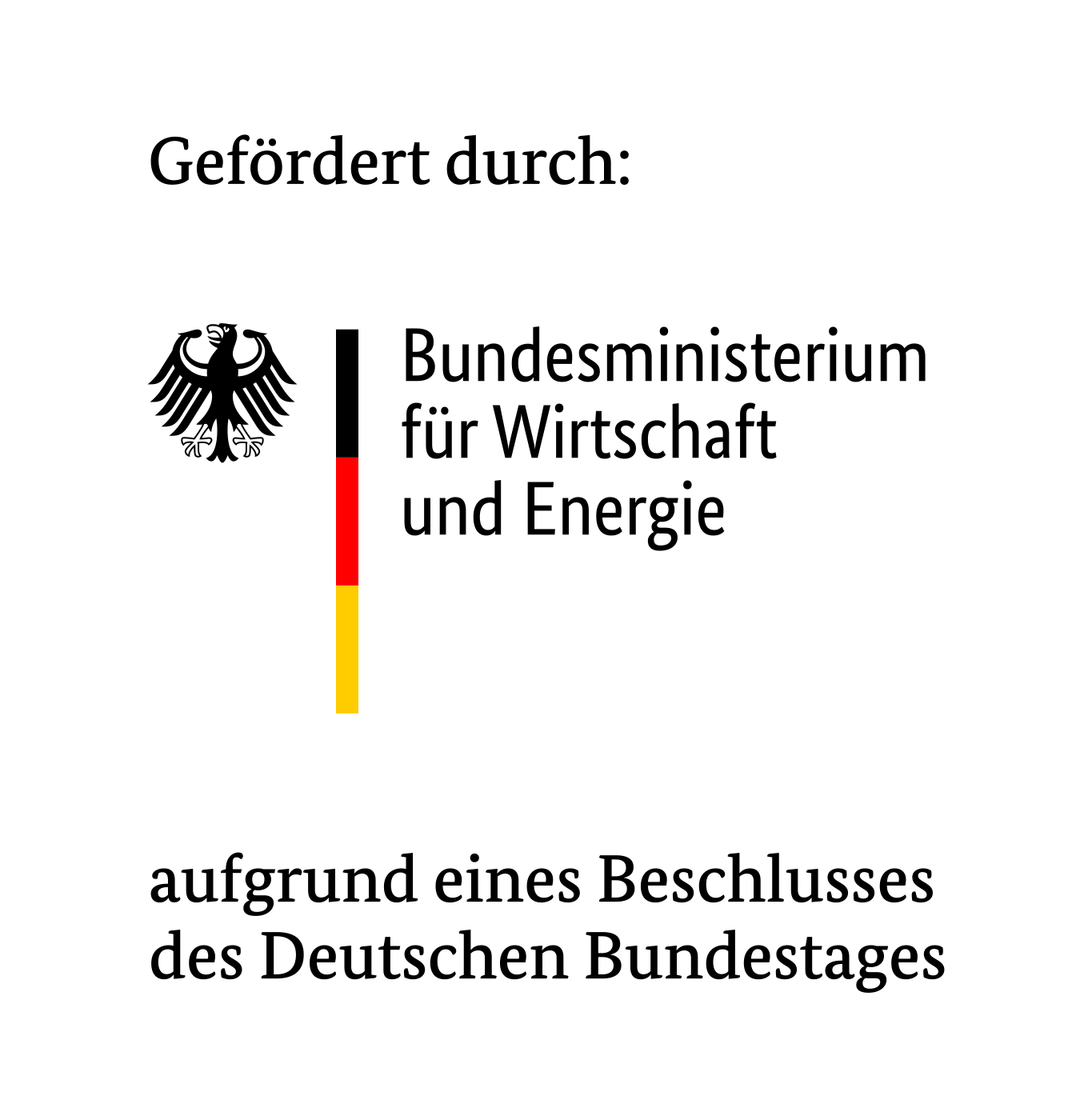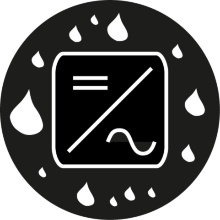The solar inverters used in the sector of renewable energies have the function to keep the photovoltaic modules at the optimal operating point and to convert the DC voltage generated by the PV modules into AC voltage and to feed this into the public grid. The inverters can be used both outdoors and indoors, as well as in a wide variety of different climatic conditions. Humidity and temperature are key factors in the failure of electronic components. This stress leads directly to damage of the inverter's components. In many cases, temperatures are calculated by corresponding sensor equipment and models. However, the permeation of moisture into the inverter is usually not recorded. The objective is therefore to characterize the moisture inside the inverter by means of suitable models. The load on the components caused by the humidity will thus be characterized and taken into account for the development of new product developments.

The project 'Virtual sensors for determining humidity conditions in solar inverters' is funded by the BMWi.
Contact

Martin Dazer
Dr.-Ing.Head of Reliability &Head of Drive Technology Department


